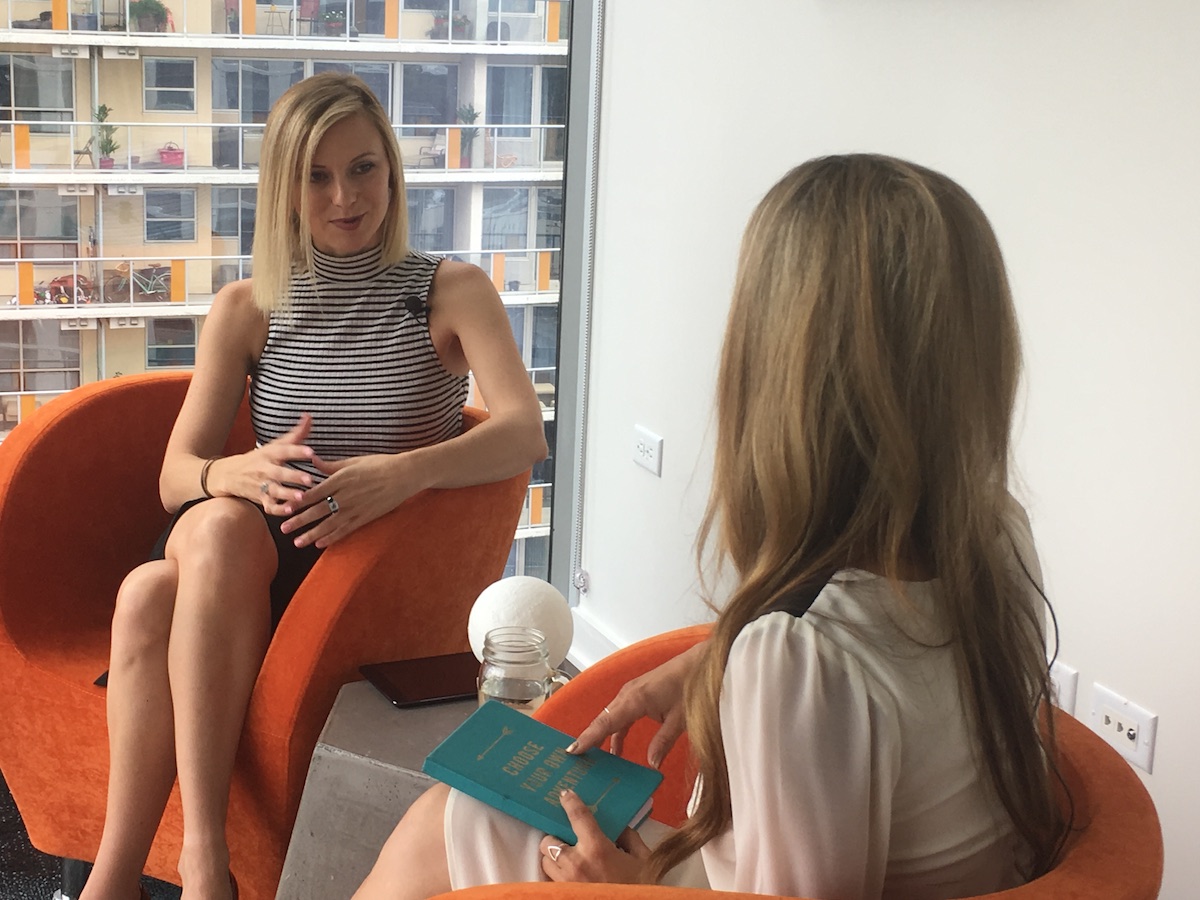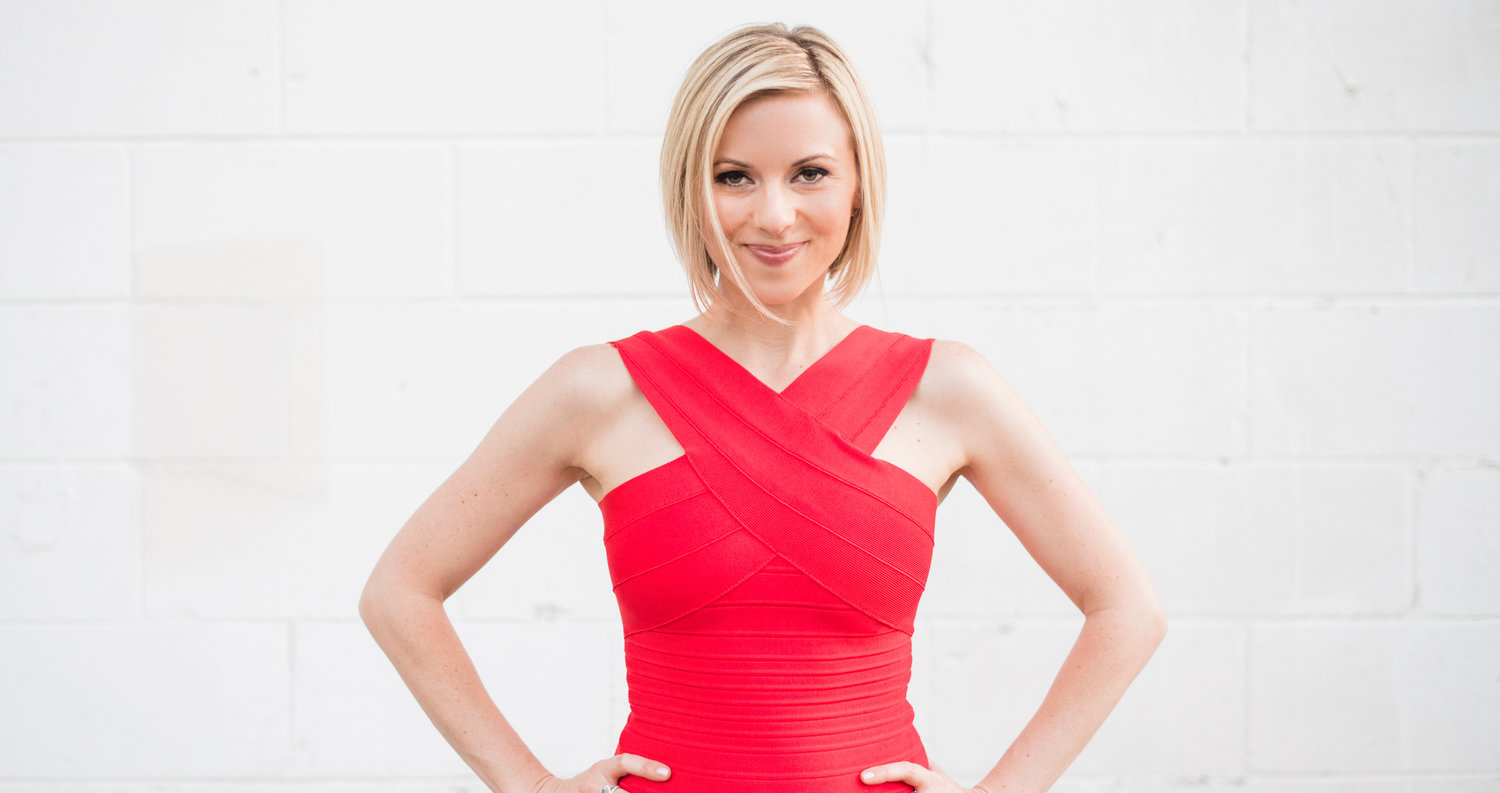In my journal in September in 2014, I asked myself if I’d rather be dumb and happy than creative and suicidally depressed. I had just experienced a professional crash-and-burn and was, at the moment, severely depressed. So I answered, “yes, I’d rather be dumb and happy.”
How did I burn out? Well, from 2012 to 2014 I did all the things someone starting a business is supposed to do.
I studied time-management techniques. I scheduled my calendar to the 15-minute mark, and attempted to habituate everything. I woke up at 4:30 a.m., practiced Transcendental Meditation twice daily, drank my morning protein shakes, did yoga, journaled, and listened to affirmations while getting ready for the day.
During the days I created my coaching programs and packages, learned how to do sales, attended seminars and workshops, worked with coaches, and of course did the deep spiritual work necessary to face the fears of failure and feeling like a fraud.
I learned how to market my business with sales funnels, Facebook advertising, YouTube strategies, and built a great brand and online following. And of course, as Gary Vaynerchuck says, I “hustled my f**king face off.”
I allowed myself to be convinced by business experts that there was a “right” and “wrong” way to achieve success.
Instead of trusting my internal guidance, I followed the instructions of the entrepreneurial gurus and emulated the schedules of those high-achieving business owners who came before me.
When I began research for this article, I expected to discover that the nature of routine itself constricted creative flow.
What I found instead is that certain personality types have a greater need for freedom of choice in their day, and that everyone—even the professionals promoting the hustler mentality—takes breaks and downtime.

What I didn’t realize until too late is that those high-achieving professionals listened to their internal guidance when creating their schedules and systems—they didn’t have blueprints to follow as we do today. They honored what was right for them, something I failed to do.
My online business started as a project I was intrinsically motivated to do, and the morning routine I’d adopted from the experts excited me because it was sold as the formula for success.
Yet it was that precise daily routine that eventually felt like a grind, and when those feelings set in, I would’ve been wise to listen to my internal guidance system and change my ways. Of course for some people, the lessons of highly achieved professionals like Steven Pressfield work.
As Pressfield puts it, “A pro shows up every morning no matter what, a pro stays on the job all day, a pro doesn’t identify with the work, a pro endures adversity, a pro plays hurt.” And while that battle cry ignites a fire in my belly even now, I know the repercussions I’ll endure for playing through the pain.
According to psychologists Edward Deci and Richard Ryan, when a person’s reason for doing something feels controlled by an outside force for an extended period of time, the result can be burn out and eventually depression.
With women being more likely than men to be diagnosed with a depressive disorder and “an estimated 17.3 million adults in the United States having at least one major depressive episode in 2017,” learning how to engage differently with our productivity-oriented society is imperative. And if I’d trusted my gut instead of the pros, I might not have gone down so hard.
In the fall of 2012, I started a blog that eventually evolved into my online coaching business. I lived in Chico, California, and at the time I didn’t yet know any business owners, let alone anyone with an online business. I was alone at my computer everyday with my online courses, books, and programs, and my newfound aspiration to finish my bachelor’s degree through Harvard Extension School.
In the fall of 2014 I took my second class at Harvard called, “Creativity: Geniuses, Madmen, and Harvard Students” by psychologist and Harvard professor, Dr. Shelley Carson. In this class (and in her book, Your Creative Brain) Dr. Carson specifies two different creative pathways: the “deliberate pathway” and the “spontaneous pathway.”
Dr. Carson suggests both pathways produce an idea, which can be refined and implemented once discovered, but it’s the journey from problem to solution that’s different. People who tend toward the deliberate pathway work a problem until an idea (or solution) presents itself. Those who use the spontaneous pathway go into an “incubation” phase once a problem has been identified, and only after stepping away and giving the problem a chance to percolate in the subconscious mind does a “Eureka!” moment occur.
Throughout 2016 I worked with over 150 people as a writing and self-publishing coach for Chandler Bolt’s Self-Publishing School. During this time, I saw Dr. Carson’s creative pathways in action, and I noticed a trend: those who tended toward the deliberate pathway had no problem sitting to write one hour per day at a designated time. The others, who later identified with the spontaneous creative pathway, often experienced an emotional breakdown or existential crisis when coached to maintain a specific writing routine.
Personally, I am at my best when brainstorming. Give me a topic and my idea channel opens right up. I am most comfortable when I can envision big ideas, expand my awareness, and make abstract connections. I am your typical spontaneous pathway problem-solver.
I like a flexible schedule with giant chunks of time blocked out for creative work.
So when I chose to follow the advice of the business gurus and maintain a regimented morning schedule, writing within an hour time-slot and attempting to push through my resistance and force my creative flow, I crashed and burned.

Thus, it was obvious to me that the writers I coached who rebelled against too structured of a writing schedule needed less structure and more freedom to rediscover their flow, and when appropriate I catered to their needs to facilitate their creative process.
Since burnout is defined similarly to depression (and can be the first steps toward depression), I’ve had to find a way to incorporate downtime into my schedule. HelpGuide.org, a collaborative project with Harvard Health Publications, says that people who tend toward perfectionism, have a high need for control, and the “high-achieving, Type A personalities” might be more prone to burnout.
So I knew I’d have to go about being in business differently. I still see value in scheduling and structuring my week, but instead of following a regimented schedule each day, I attribute each day of the week to a different mode of operating (e.g. Mondays are my creative days, Tuesdays are my meeting days, Wednesdays are my coaching days, etc.).
Willing to move forward with being a business owner, I had to learn how to listen to my body, my emotions, and my gut.
I had to learn how to give precedence to my inner guidance system over what the gurus advised.
Not wanting to disregard the value in the lessons I’d obtained in those first two years of business, I instead learned how to gracefully move between the hustle and the flow.
There is no doubt that sometimes more structure is most effective, but sometimes when a person is so burnt out it’s the regimented schedule that feels like a weight crushing their inspiration, suffocating their creativity.
What I had to learn is that it’s the body that guides whether or not a less-strict schedule is best, not an external source such as a guru or teacher.
I had to learn to let go of the idea that there’s a right or wrong way to be, and I now step forward every day in the flow of inspired action.
Fortunately, the lessons I learned in 2014 taught me that the depression I experienced was just the whiplash of burnout brought on by an overly regimented schedule that made life and business feel like a grind. And that the remedy for burnout lives in the intuition of each individual, quietly but constantly whispering its wants—the desires that would invite flow back in, and replenish the empty tank of the hardcore business hustlers of our culture, if and when they choose to listen and abide.


